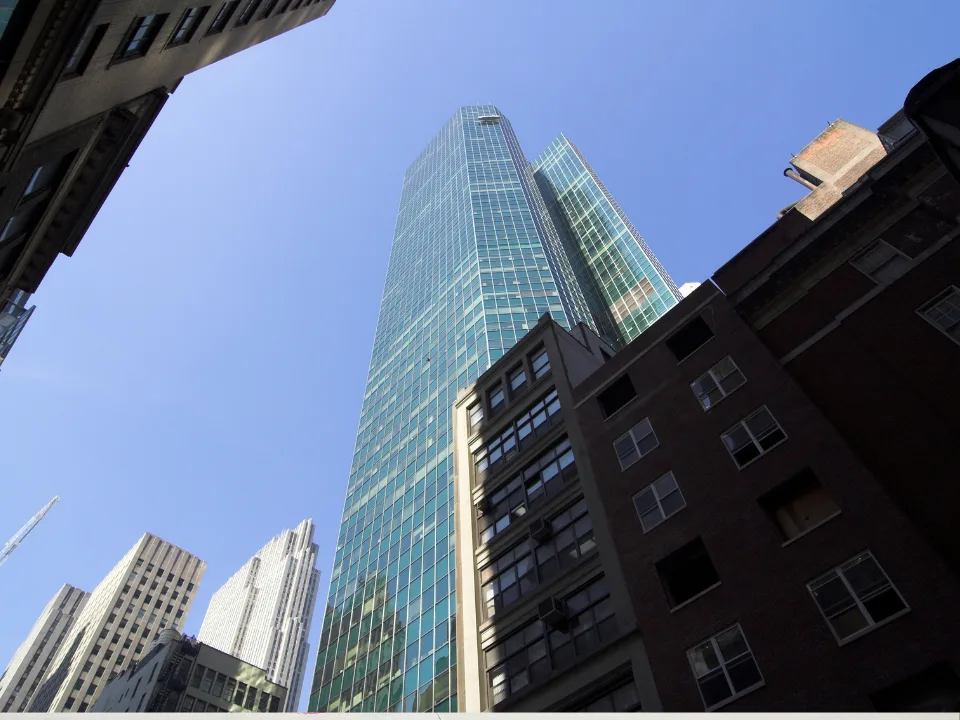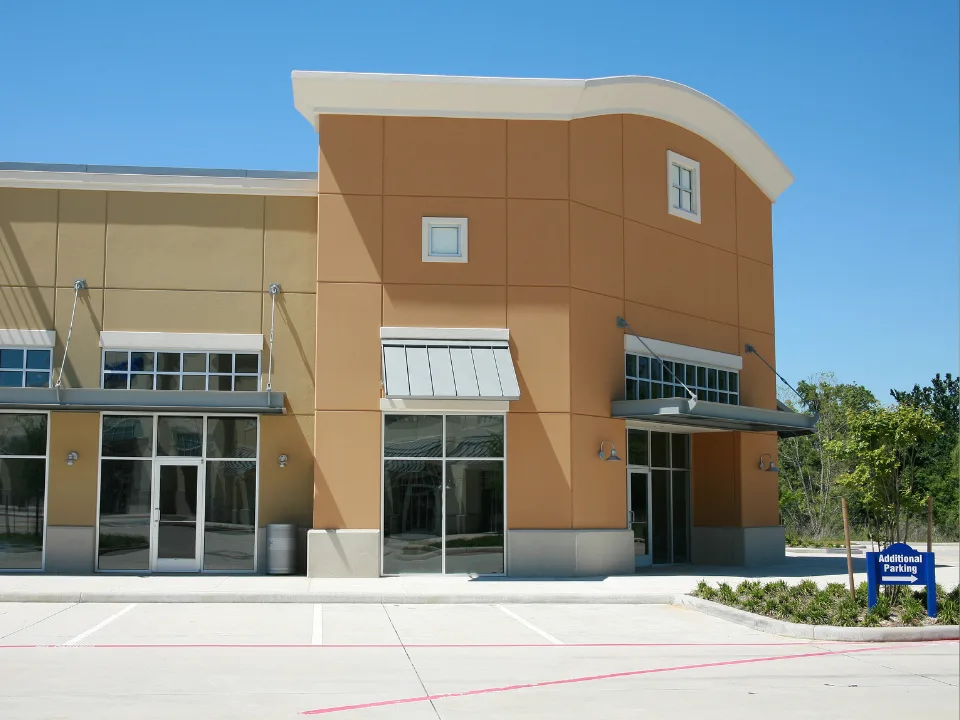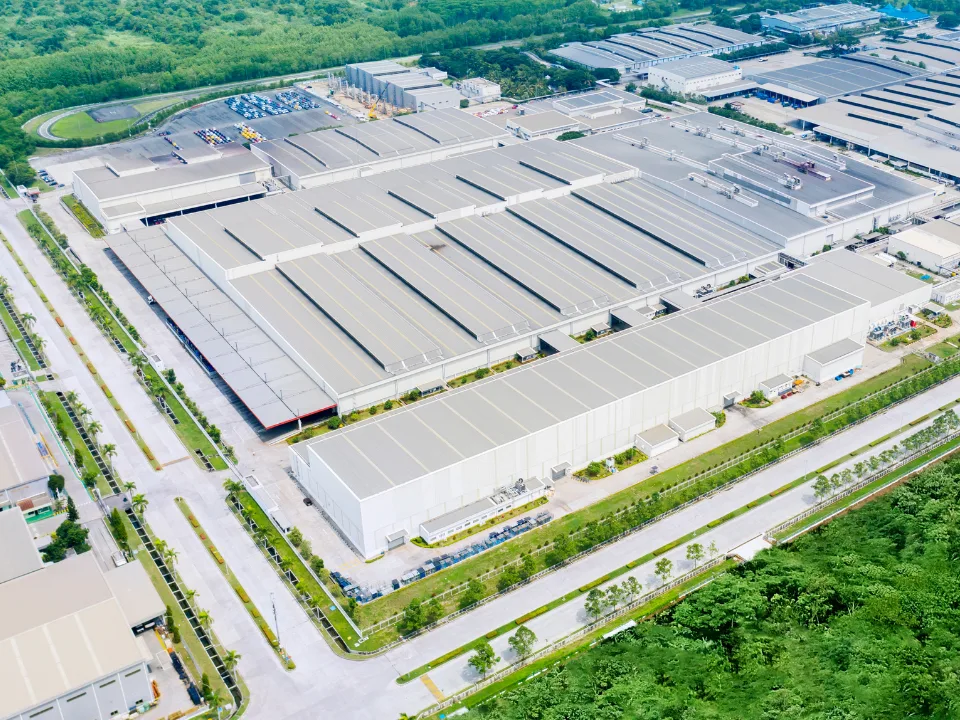Rising Double Defaults Test Banks' Commercial Loan Stability
Banks' reliance on “extend and pretend” is under scrutiny as double defaults on commercial loans climb, signaling potential long-term risks.
Good morning. The volume of US CRE loans facing ‘double defaults’ surged to $5.5B as of September 2023. In response, banks are resorting to "extend and pretend" write-offs—but regulators warn trouble is brewing.
Today’s issue is brought to you by Lev — the data and workflow platform for CRE financing.
How did Richard Byrne go from his early days at Merrill Lynch in the '80s to leading Benefit Street Partners' $76B portfolio?
Join Jack Stone and Alex Gornik on No Cap as they dive into his career, strategies, and unexpected path to Jiu-Jitsu.
Market Snapshot
|
|
||||
|
|
*Data as of 11/7/2024 market close.
SOUNDING THE ALARM
Rising Re-Defaults in CRE Loans Raise Alarms
According to FT, U.S. banks are increasingly exposed to risk from a surge in "double defaults" on commercial property loans, raising concerns that the "extend and pretend" practice may be concealing a deeper systemic problem.
Under fire: Banks have employed "extend and pretend" tactics to modify loans, deferring potential losses and helping borrowers avoid immediate default by offering temporary relief. This has allowed banks to avoid writedowns, but some industry experts, including Ivan Cilik of Baker Tilly, warn that continued high interest rates could make this relief insufficient, potentially leading to unsustainable debt levels.
Regulatory concerns: Federal Reserve researchers are sounding the alarm, noting that lenient modifications in recent years could misallocate credit and increase financial instability. Their report criticizes banks’ practices post-pandemic, where easing terms on distressed loans may only be postponing inevitable defaults.

Source: Financial Times
Zoom in: Data shows that "re-defaults" on modified commercial loans are up 90% from last year, reaching $5.5 billion by September, the highest since 2014. Defaults have mostly been seen in office spaces, retail centers, and apartment buildings, all hit hard by high interest rates and decreased occupancy since the pandemic.
➥ THE TAKEAWAY
The BIGGER picture: As $26 billion in delinquent commercial property loans stack up—a 25% jump this year—banks’ reliance on “extend and pretend” strategies may be reaching a breaking point. With minimal relief offered to borrowers, re-defaults are expected to rise, hinting at mounting losses that could ripple through the sector.
TOGETHER WITH LEV
Streamline and enhance your financing workflows
Lev is a CRE financing platform built for capital markets teams and financing brokers. As well as providing access to the industry’s largest source of real-time lender data, the Lev platform includes tools that dramatically streamline financing workflows:
-
Use AI to build your deal materials in minutes
-
Get instantly matched with exactly the right lenders for your deals
-
Automate lender outreach and follow-ups
-
Have Lev’s Deal Assistant team call unresponsive lenders on your behalf
-
Download real-time deal status reports
CRE Daily readers can try Lev risk-free with a no-obligation, free first deal.
*Please see the advertising disclosure at the bottom of this newsletter.
✍️ Editor’s Picks
-
CRE shake-up: Houston's Lionstone Investments is selling $5.5 billion in assets as parent company Ameriprise plans to exit the real estate business amid leadership tensions.
-
Rapid expansion: Landsea Homes (LSEA), a publicly traded residential homebuilder, has signed an 8,000-square-foot long-term lease at Stonebridge Plaza in northwest Austin, Texas, which will serve as the company’s Austin division headquarters. (sponsored)
-
Hurricane exodus: Florida's population has grown to 23M residents over the past two decades despite all those hurricanes, greatly boosting the state’s residential and CRE markets.
-
Bouncing back: Zillow (ZW) exceeded Q3 earnings expectations, with strong rental growth offsetting weaker home sales, driving shares up over 11%.
-
Dormant dreams: Shares of Fannie Mae (FNMA) and Freddie Mac’s (FMCC) long-dormant preferred stocks surged up to 70% as Trump’s re-election stoked hopes of ending government conservatorship.
-
Ranching walls: The Texas General Land Office acquired 355K acres, most of which came from the 353.8-acre Brewster Ranch, with plans for a border wall.
🏘️ MULTIFAMILY
-
Maverick moves: Standard Communities invests $1 billion in affordable housing across Colorado, California, Arizona, and Texas, adding 6,000 units to address regional housing needs.
-
Rapid expansion: AvalonBay Communities (AVB) is expanding aggressively, with $835M in YTD projects, and a $1.1B development pipeline target by year-end in multiple markets.
-
Rent projections: The Southwest leads the nation with 3.4% multifamily rent growth expected in 2025, followed by the Northeast and Midwest. The projected national rent growth rate is 3.1%.
-
Urban resilience: In central Chicago, Class A apartment rents rose to $3.61 PSF in Q3, up 2.3% from last year—welcome news for Windy City multifamily owners and operators.
🏭 Industrial
-
Logistics limbo: Subdued demand in logistics real estate persists despite healthy GDP, with an 84.4% utilization rate in Q3, and 34% less absorption.
-
Car cuts: Stellantis (STLA) plans to lay off 1.1K workers in Ohio, cutting more worker shifts due to low demand for the Jeep Gladiator pickup.
-
Growth ahead: Investors see stable income growth in industrial real estate on the horizon, but speculative developments dropped 43% in 1H24, signaling ongoing caution.
-
Midwest mega deals: Atlanta investor MDH Partners purchased three warehouses near Chicago for $136.7M, a standout deal among the city’s $3.3B in past-year sales.
🏬 RETAIL
-
Store closures surge: The US retail sector saw its highest number of closures since the pandemic started this year, driven by mounting debt and rising costs as big-name brands shuttered their stores.
-
Delicious, nutritious: Regency Centers (REG) acquired a 218 KSF H-E-B-anchored retail property in Round Rock, TX, bolstering its Austin portfolio.
-
Dressed to thrill: Boggi Milano is ready to open its first US store in SoHo at 115 Mercer St. The retailer will occupy the coveted 1.9 KSF space for 5 years.
🏢 OFFICE
-
It begins (hopefully): More companies are bringing employees back to the office regularly, offering some stability as investors show renewed interest in the sector.
-
Betting on a rebound: Uncommon Developers acquired two Hollywood office buildings for $45M, banking on LA’s office recovery, though vacancy rates remain elevated.
-
Green success: Jay Paul Company secured $200M in ‘green’ financing to replace a JPMorgan construction loan for a 971 KSF office tower in San Jose.
🏨 HOSPITALITY
-
Buying and selling: Summit Hotel Properties (INN) sold 10 hotels for $150M, pursuing new acquisitions as conditions improve for hospitality sector transactions.
📈 CHART OF THE DAY

According to CoStar, U.S. store closures have hit their highest level since 2020, but low vacancy rates and high demand for retail space—especially from grocery, fitness, and healthcare sectors—are expected to quickly absorb vacant sites.

You currently have 0 referrals, only 1 away from receiving B.O.T.N Multifamily Deal Screener .
What did you think of today's newsletter? |


















